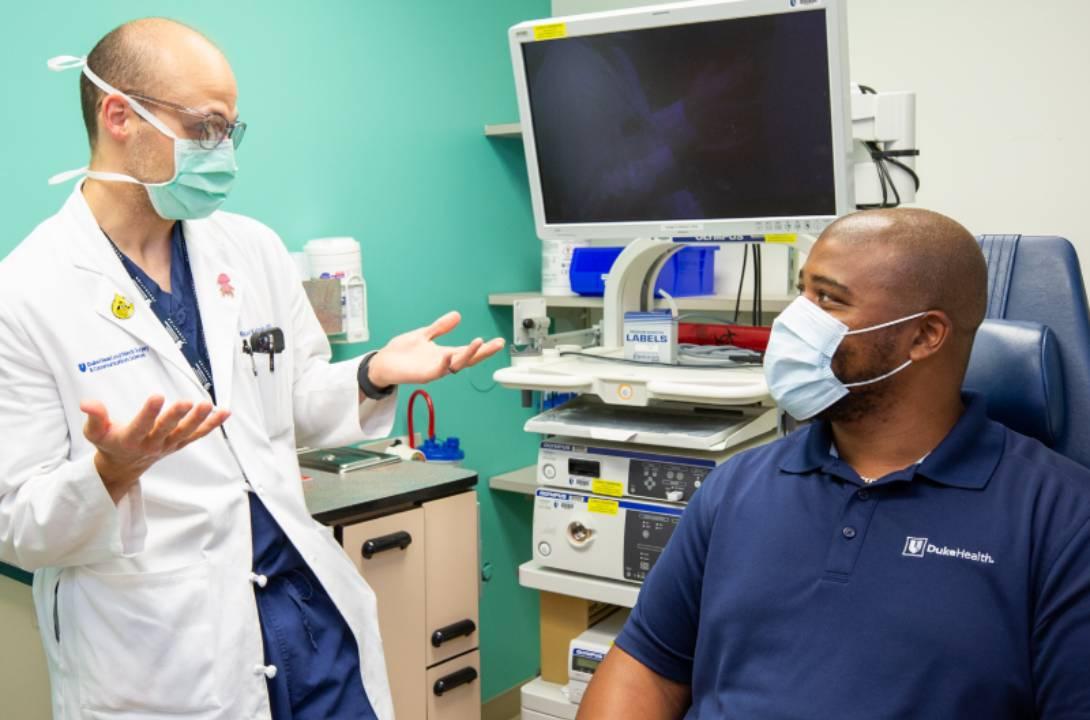Award Details
Eligibility
This opportunity is open to all DCI Center for Onco-Primary Care members who are also DCI members*.
If you have onco-primary care research interests and are not yet a member, please contact Kevin Oeffinger, MD for information about membership. Applications supporting multidisciplinary collaboration between methodologists (e.g., health services researchers, implementation scientists, and biostatisticians), cancer specialists, and primary care providers are strongly encouraged.
Investigators may be either PI or Co-PI on only one application. There is no limit to the number of applications that an Investigator can be listed as a Co-Investigator or Collaborator.
Please note the PI must be a Center for Onco-Primary Care member. Multiple Co-PI’s are strongly encouraged, especially when representing multidisciplinary collaborations than span
oncology and primary care.
*All applicants must be DCI members. For any questions regarding DCI eligibility, please contact Karen Judge. Visit our site to learn more and to apply for membership.
Funding Mechanism
Pilot Research
- Total project period may not exceed 12 months, with the option to submit a renewal application in the following year for an additional year of funding. Shorter duration projects, ranging from 3-6 months, are also encouraged.
- Budget for direct costs for the total project period may range from $1,000 to $30,000.
- Proposal budgets can support research expenses, such as research staff, supplies, shared resources services. Proposal budgets may not include equipment including computers, travel or tuition remission costs. Support for faculty effort (excluding statistical support) is discouraged and must receive pre-approval from the DCI Center for Onco-Primary Care leadership in order to be included in the budget.

